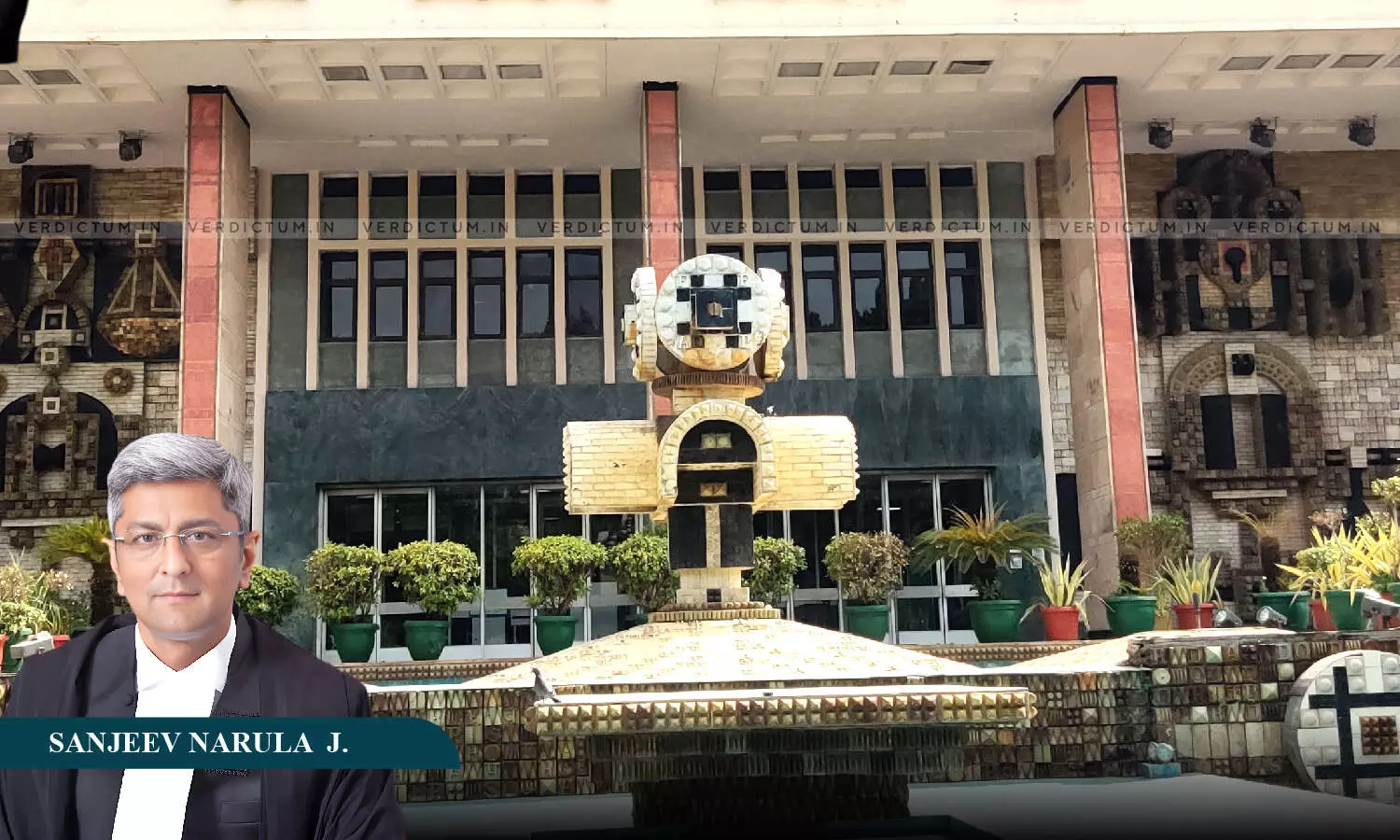
Once NCLT Approves Resolution Plan, It Binds All Stakeholders Including Central, State Governments & Local Authorities: Delhi HC
 |
|The Delhi High Court observed that a resolution plan sanctioned by the NCLT is binding not only on the corporate debtor but also on all stakeholders, including Central and State Governments and Local Authorites.
The Bench explained that the finality and decisiveness of an approved resolution plan were recognised under the Insolvency and Bankruptcy Code’s (IBC), 2016 framework. The Court further explained that the resolution process, as endorsed by the National Company Law Tribunal (NCLT), aimed to free the corporate debtor from past liabilities and enable a “fresh operational start, unhampered by unresolved and extinguished debts.”
A Single Bench of Justice Sanjeev Narula observed, “As such, the Respondent, who is a creditor within its context, is obligated to adhere to the stipulations of the resolution plan as approved on 20th March, 2023, which mandates an interpretation and application of the IBC as per its intent and statutory mandate. By holding the Petitioner accountable for liabilities that have been legally extinguished, the Respondent has failed to adhere to the statutory mandate of the IBC and the broader objectives of insolvency resolutions.”
Sr. Advocate Sandeep Sethi appeared for the petitioner, while CGSC Kirtiman Singh represented the respondent.
OCL Iron and Steel Ltd. (petitioner) had entered into a Coal Mine Development and Production Agreement (Agreement) with the Ministry of Coal (Ministry). This agreement mandated the submission of a bank guarantee of Rs. 92.25 crores as performance security, which was to remain in force until the mine achieved its annual peak-rated capacity.
In 2021, the NCLT initiated the corporate insolvency resolution process (CIRP) against the petitioner due to insolvency proceedings at the behest of the Indian Bank (formerly Allahabad Bank). Consequently, a moratorium was imposed under Section 14 of the IBC.
Despite the moratorium, the Ministry terminated the Agreement for breach of its terms, specifically the non-renewal of the performance bank guarantee (PBG). The Ministry also directed the erstwhile management to deposit Rs. 92.25 crores within 15 days.
The High Court explained that the resolution plan approved by the NCLT was binding on all stakeholders, including the Central Government. Therefore, the moratorium under Section 14 of the IBC precluded the enforcement of any security interest against the corporate debtor, including the demand for the PBG.
“The mandate of Section 31(1) of the IBC underscores that once a resolution plan is approved by the Adjudicating Authority, it is binding not only on the corporate debtor, but also on all stakeholders, including Central and State Governments, as well as any local authorities to whom debts are due under any current laws. This binding nature extends to all statutory dues owed to these authorities. This provision provides certainty and finality to the outcome of the resolution process, ensuring that once a resolution plan is approved, it is universally applicable and enforceable against all parties involved,” the Court explained.
The Bench stated that imposing claims that restricted the Petitioner’s participation in tenders based on extinguished or unapproved claims would contradict the principles of the IBC, which aims to “provide a fresh start to the corporate debtor. Such actions would be deemed unreasonable, arbitrary, and in violation of the spirit of the IBC, thus, infringing Article 14 of the Constitution of India, which ensures equality before the law.”
Consequently, the Court held, “This legislative framework is designed to return the corporate debtor to viability, benefiting the broader economic ecosystem. The objective of IBC is to streamline and expedite the insolvency resolution process, safeguard the value of assets, promote entrepreneurship, and ensure the equitable treatment of all stakeholders.”
Accordingly, the High Court allowed the petition.
Cause Title: OCL Iron And Steel Limited v. Union Of India (Neutral Citation: 2024:DHC:5523)
Appearance:
Petitioner: Sr. Advocate Sandeep Sethi; Advocates Divyakant Lahoti, Kartik Lahoti, Vindhya Mehra, Praveena Bisht, Riya Kumar and Adith Menon
Respondent: CGSC Kirtiman Singh; Advocates Waize Ali Noor, Ranjeev Khatana, Varun Pratap Singh and Varun Rajawat